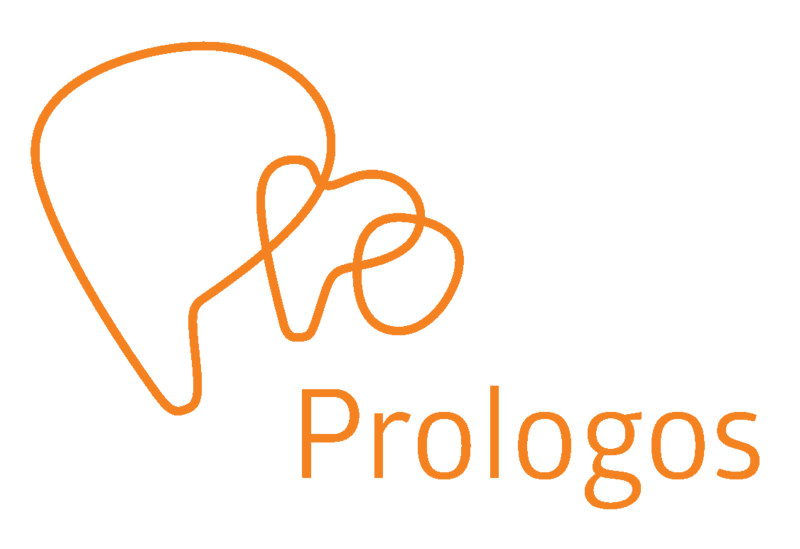Bullying prevention work at schools
Supporting the high-quality and sustainable implementation
Keywords:
bullying, implementation, intervention, prevention, program, schoolAbstract
Bullying is often tackled with the help of school-based prevention and intervention programs. In previous studies, such programs have been found to reduce bullying and the achieved benefits have been found to increase the longer the programs have been implemented. At the same time, it is known that some schools have challenges in implementing bullying prevention programs and sustaining the program delivery. There are, however, a limited number of studies on the implementation of such programs and the factors influencing and explaining implementation success. The aim of this study was, by utilizing a case study approach, to explore how schools can be supported in the implementation of bullying prevention programs. The research was based on the Quality Implementation Framework, which describes various ways to support implementation. An instrumental case approach was utilized and the KiVa antibullying program, which has been available for Finnish basic education schools for more than ten years, was chosen as the case to be investigated. We evaluated what kinds of opportunities and limitations are associated with mentoring offered to schools as well as with various types of surveys when it comes to supporting high-quality and sustainable implementation of bullying prevention programs. In the case of mentoring, the results highlighted the mentor's potential, in interaction with the mentees, to support schools in developing their own practices for a fairly long period of time. Regarding the surveys, the results emphasized different perspectives related to usability. The results produced knowledge on how schools could be supported even more effectively in the high quality and sustainable implementation of bullying prevention programs in the future.

Published
Copyright (c) 2023 Herkama Sanna, Inari Harjuniemi, Juuso Repo, Mona Valkiaranta

This work is licensed under a Creative Commons Attribution-NonCommercial-ShareAlike 4.0 International License.






